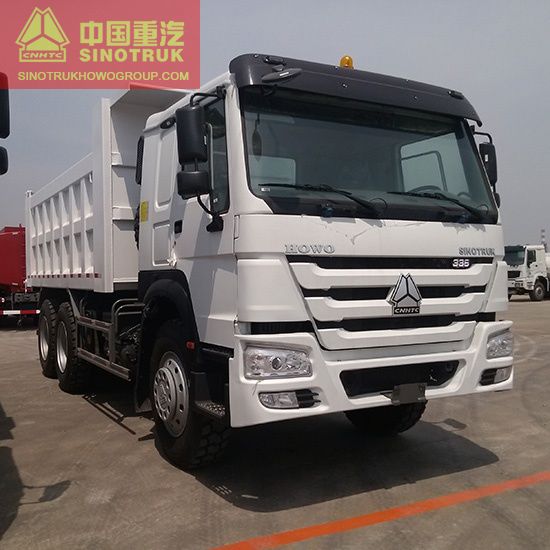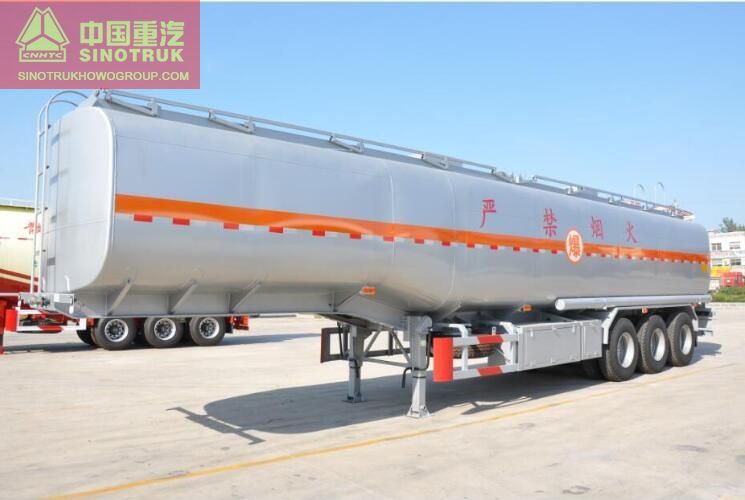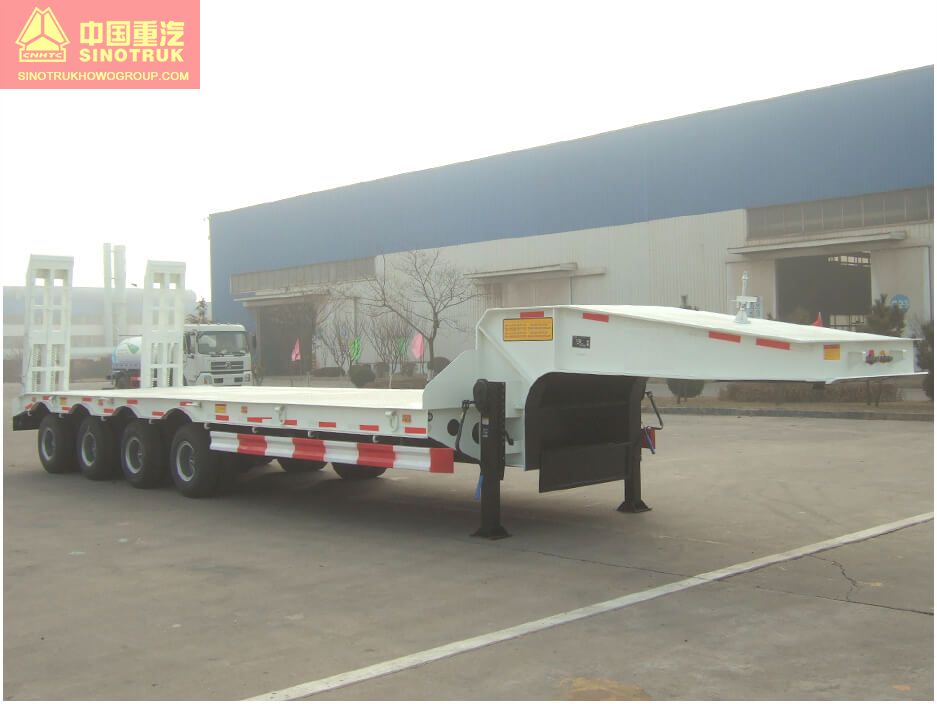semi truck fuel capacity,semi truck fuel consumption litres per 100km
- Release time:05-06-2024
- Source:Sinotruk HOWO
Catalog overview:
Introduction to Semi Truck Fuel Capacity
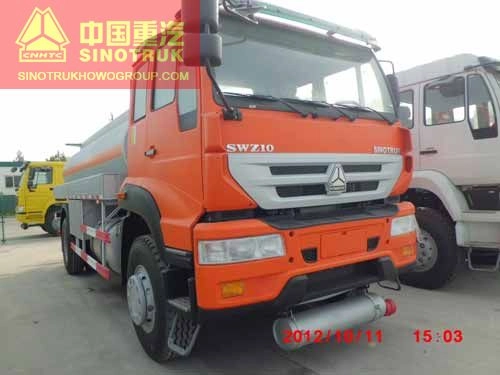
Semi-trucks, also known as 18-wheelers or big rigs, are massive vehicles that dominate highways and play a vital role in the logistics industry. A significant aspect of these behemoths is their fuel capacity, which directly impacts their range and efficiency. This article will delve into the intricacies of semi-truck fuel tanks, factors affecting their size, and how they contribute to the overall performance of these vehicles.
The Size and Range of Semi-Truck Fuel Tanks
Semi-truck fuel tanks can vary greatly in size, depending on the truck's purpose and manufacturer. On average, a standard semi-truck can hold anywhere from 150 to 300 gallons of diesel fuel, with some high-capacity models reaching up to 500 gallons. For instance, the Freightliner Cascadia, a popular model, has a fuel tank capacity of around 150-300 gallons, while the Volvo VNL 780 boasts a larger capacity of up to 450 gallons. This extensive range allows long-haul drivers to travel up to 2,000 miles without refueling, depending on driving conditions and fuel efficiency.
Factors Influencing Fuel Tank Size
Several factors come into play when determining the optimal fuel tank size for a semi-truck. First and foremost, the truck's intended use is crucial. A long-haul truck, which spends most of its time on the highway, will require a larger tank compared to a regional delivery truck with shorter routes. Additionally, the truck's payload, engine efficiency, and aerodynamics also play a role. For example, a more fuel-efficient engine allows for a smaller tank without compromising range.
The Importance of Fuel Efficiency
In an industry where every mile per gallon (mpg) counts, fuel efficiency is paramount. Larger fuel tanks can provide a greater range but also add weight, potentially reducing fuel economy. Manufacturers like Tesla, with their electric semi-trucks, are introducing new solutions to address this issue, promising significantly higher efficiency and reduced fuel costs. Meanwhile, traditional diesel trucks rely on advanced technologies such as engine management systems and aerodynamic designs to improve fuel efficiency.
Regulations and Safety Considerations
Regulations, especially in the United States, also impact fuel tank size. The Department of Transportation (DOT) and Environmental Protection Agency (EPA) set guidelines for fuel tank capacity and placement to ensure safety and minimize environmental impact. For example, the maximum allowable fuel tank size is limited to prevent excessive spillage in case of accidents.
Balancing Capacity and Efficiency
Semi-truck fuel capacity is a complex issue, balancing the need for extended range, fuel efficiency, and compliance with regulations. As the industry evolves, with advancements in engine technology and the emergence of electric alternatives, the importance of understanding and optimizing fuel capacity will only grow. Whether it's a large diesel rig or an electric semi, the right fuel capacity is a critical factor in ensuring smooth, cost-effective, and environmentally responsible operations on the open road.
semi truck fuel consumption litres per 100km
Understanding Semi-Truck Fuel Consumption: The Basics
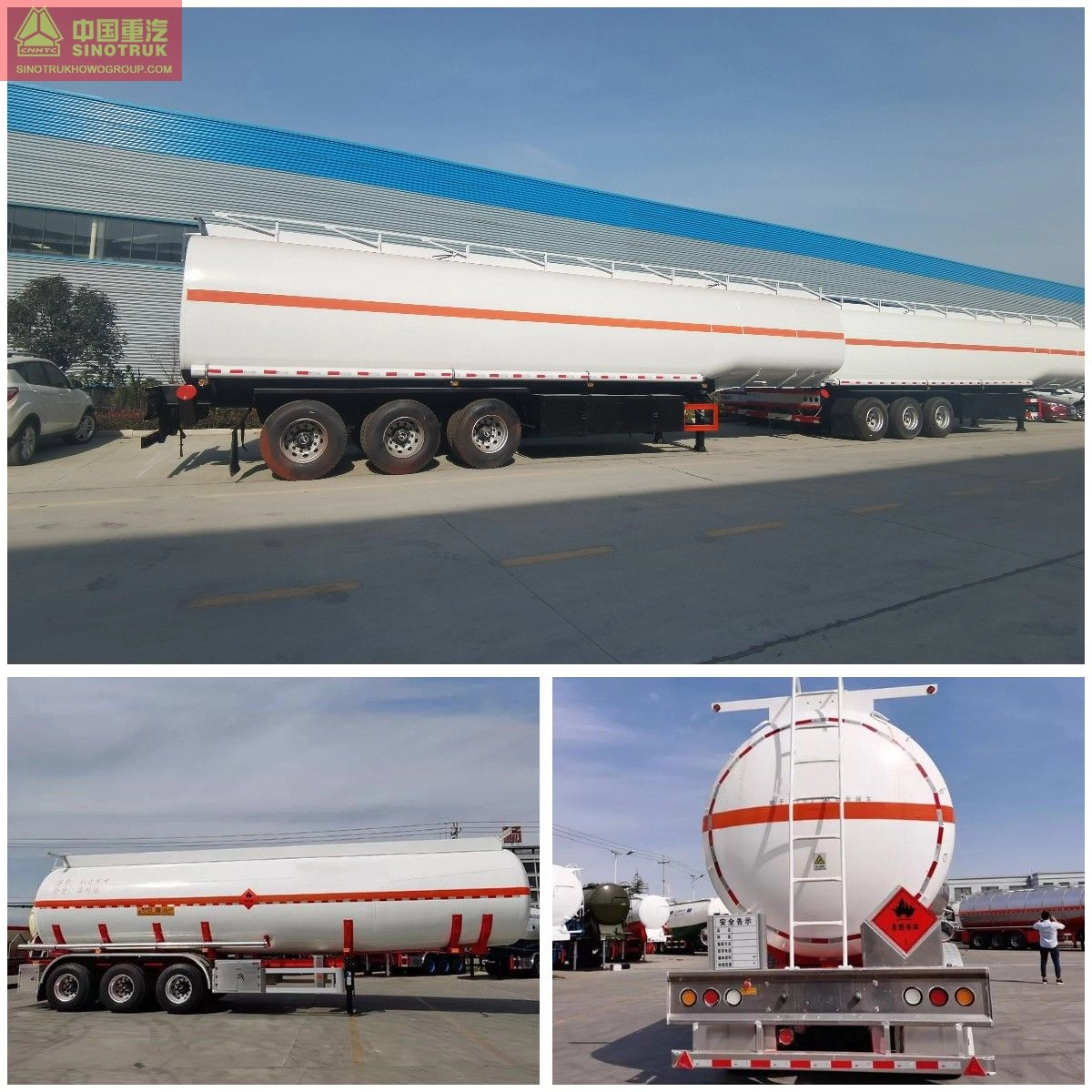
Trucks, particularly semi-trucks, play a vital role in global logistics, transporting goods across vast distances. their fuel consumption is a significant concern for both fleet operators and the environment. On average, a semi-truck consumes around 25 to 35 litres of diesel per 100 km, depending on various factors. This figure, though staggering, can be influenced by numerous elements, making fuel efficiency a complex topic.
The Factors Influencing Fuel Consumption
Fuel efficiency in semi-trucks is not a fixed figure but a variable influenced by the following factors:
1. Load: A fully loaded truck consumes more fuel than an empty one. The heavier the load, the more fuel is needed to maintain speed and overcome resistance.
2. Driving Habits: Aggressive driving, rapid acceleration, and hard braking can increase fuel consumption by up to 30%.
3. Route and Terrain: Hilly or mountainous regions demand more fuel compared to flat terrain due to the energy required to overcome gravity.
4. Vehicle Maintenance: Well-maintained engines and tires can significantly improve fuel efficiency.
5. Fuel Type and Quality: Higher quality diesel with fewer impurities can lead to better combustion and less fuel consumption.
Technologies for Fuel Efficiency
To mitigate high fuel consumption, the industry has embraced several technological advancements:
1. Improved Engine Efficiency: Modern engines are designed with fuel-saving features like variable valve timing and turbochargers.
2. Hybrid and Electric Semi-Trucks: Companies like Tesla and Volvo are pioneering electric and hybrid trucks, promising reduced emissions and fuel consumption.
3. Advanced Aerodynamics: Streamlined designs and features like side skirt, roof fairings, and rear-end caps can reduce drag and improve fuel efficiency.
4. GPS Navigation and Fleet Management Systems: These tools optimize routes, reducing unnecessary idling and fuel waste.
Strategies for Fuel Economy
Fleet managers and drivers can adopt several strategies to minimize fuel consumption:
1. Driver Training: Teaching efficient driving techniques can significantly reduce fuel usage.
2. Regular Maintenance: Regular oil changes, tire rotations, and air filter checks keep the truck running smoothly.
3. Route Planning: Strategic planning to avoid congested areas and optimize driving speed can save fuel.
4. Idling Reduction: Limiting idling time, especially during rest periods, saves fuel.
Balancing Efficiency and Sustainability
Understanding and managing semi-truck fuel consumption is a crucial part of the logistics industry's efforts towards sustainability. By considering factors affecting fuel efficiency, embracing new technologies, and implementing smart strategies, we can strike a balance between operational needs and environmental responsibility. As the industry continues to evolve, we can expect even more innovative solutions to address this pressing issue.
semi truck fuel economy comparison
Introduction: Understanding Truck Fuel Efficiency
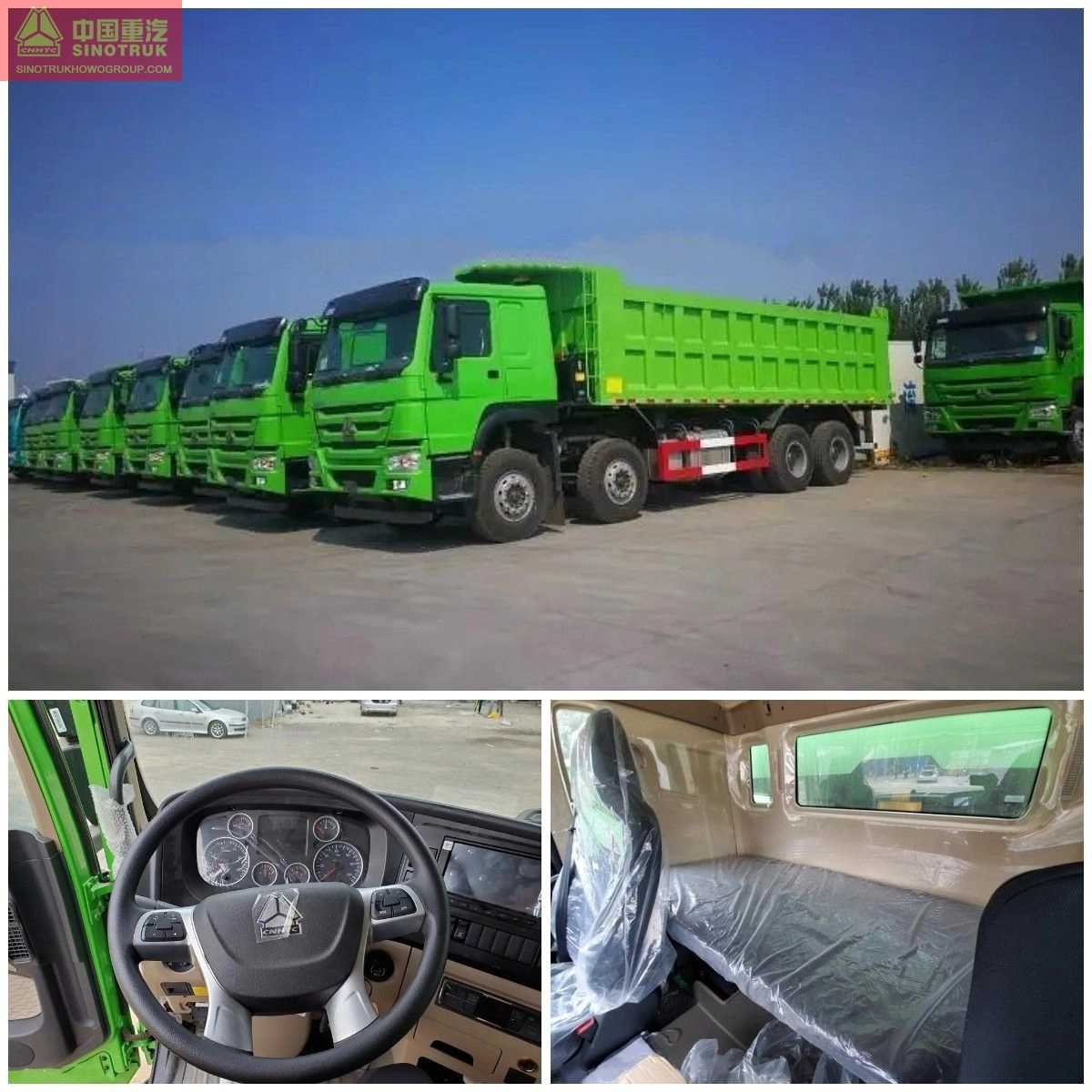
Truck fuel economy is a critical factor for fleet owners, operators, and drivers alike. It not only impacts the bottom line but also plays a significant role in environmental sustainability. This article delves into the world of semi-truck fuel economy, comparing various models and technologies to help you make informed decisions for your business.
The Importance of Fuel Efficiency in the Trucking Industry
In the competitive world of freight transportation, every mile per gallon (mpg) counts. A more fuel-efficient truck can save thousands of dollars in operating costs annually, while reducing carbon emissions. For instance, a study by the American Transportation Research Institute (ATRI) found that a 10% improvement in fuel economy could lead to a 6% decrease in operating costs.
Comparing Fuel Efficiency of Different Semi-Truck Models
Different truck manufacturers offer unique solutions to optimize fuel efficiency. The Volvo VNL, with its aerodynamic design and advanced engine technology, boasts an impressive fuel economy. On the other hand, the Freightliner Cascadia, equipped with the Detroit Diesel engine, delivers a commendable balance of power and efficiency. Meanwhile, the Tesla Semi, with its electric propulsion, promises a game-changing zero-emission alternative, albeit with a higher upfront cost.
Technologies Enhancing Fuel Efficiency
Advanced technologies like engine idle reduction systems, aerodynamic enhancements, and smart transmission systems are revolutionizing fuel efficiency. For example, the Eaton Fuller Automatic Transmission, as cited by Cummins, can improve fuel economy by up to 7% compared to manual transmissions. Additionally, the use of low-rolling-resistance tires and GPS-based driving assistance systems can further optimize fuel consumption.
Real-World Case Studies
Real-life examples highlight the benefits of improved fuel economy. Schneider National, a leading transportation company, reported a 5% fuel economy improvement after implementing eco-driving practices and upgrading to more efficient trucks. Similarly, J.B. Hunt Transport Services saw a 7% fuel savings after incorporating fuel-efficient technologies in their fleet.
Making Informed Decisions
Choosing the right semi-truck for your operations requires a comprehensive evaluation of fuel economy, operating costs, and environmental impact. While new technologies and models promise better efficiency, it's crucial to consider factors like route types, load weights, and maintenance costs. Remember, a truck with superior fuel economy not only contributes to financial savings but also to a greener future for the industry.
understanding and comparing semi-truck fuel economy is more than just numbers; it's a strategic investment in your business and the environment. By leveraging the latest advancements and making informed choices, you can drive your way to a more sustainable and profitable future.




